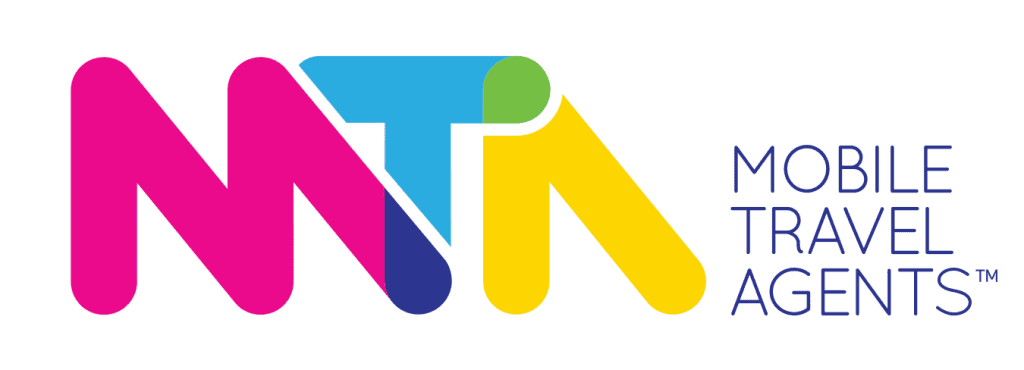MTA – Mobile Travel Agents has confirmed one of Australia’s most successful male solo artists, Guy Sebastian, will perform at the ‘People, Purpose Passion’ themed 20th anniversary national conference taking place at the InterContinental Sanctuary Cove on the Gold Coast from 28 February – 01 March 2020.
Singer, songwriter, producer, Superstar TV Coach and multiple ARIA award winner, Guy Sebastian, will take to the stage in front of the 420-plus delegates attending an aptly named ‘Roaring 20’s’ Gala Dinner taking place at Warner Bros. Movie World. Sebastian will also make time to sit down with MTA Advisers on day two of the event as part of an informal ‘one-on-400’ Q&A session.
Officially announcing the 2020 conference, MTA -co-managing directors Karen and Roy Merricks said the ‘People Purpose Passion’ theme was incredibly apt for the company’s 20-year anniversary. “This conference represents the culmination of 20 years of creating meaningful connections, empowering experienced advisors to do travel ‘their way’ but above all, having fun along the way,” they said. “So we’ll be celebrating our journey, from pioneering a little idea to becoming a thriving, well-respected brand which is reflected in the quality of our people – our most valued asset.”



